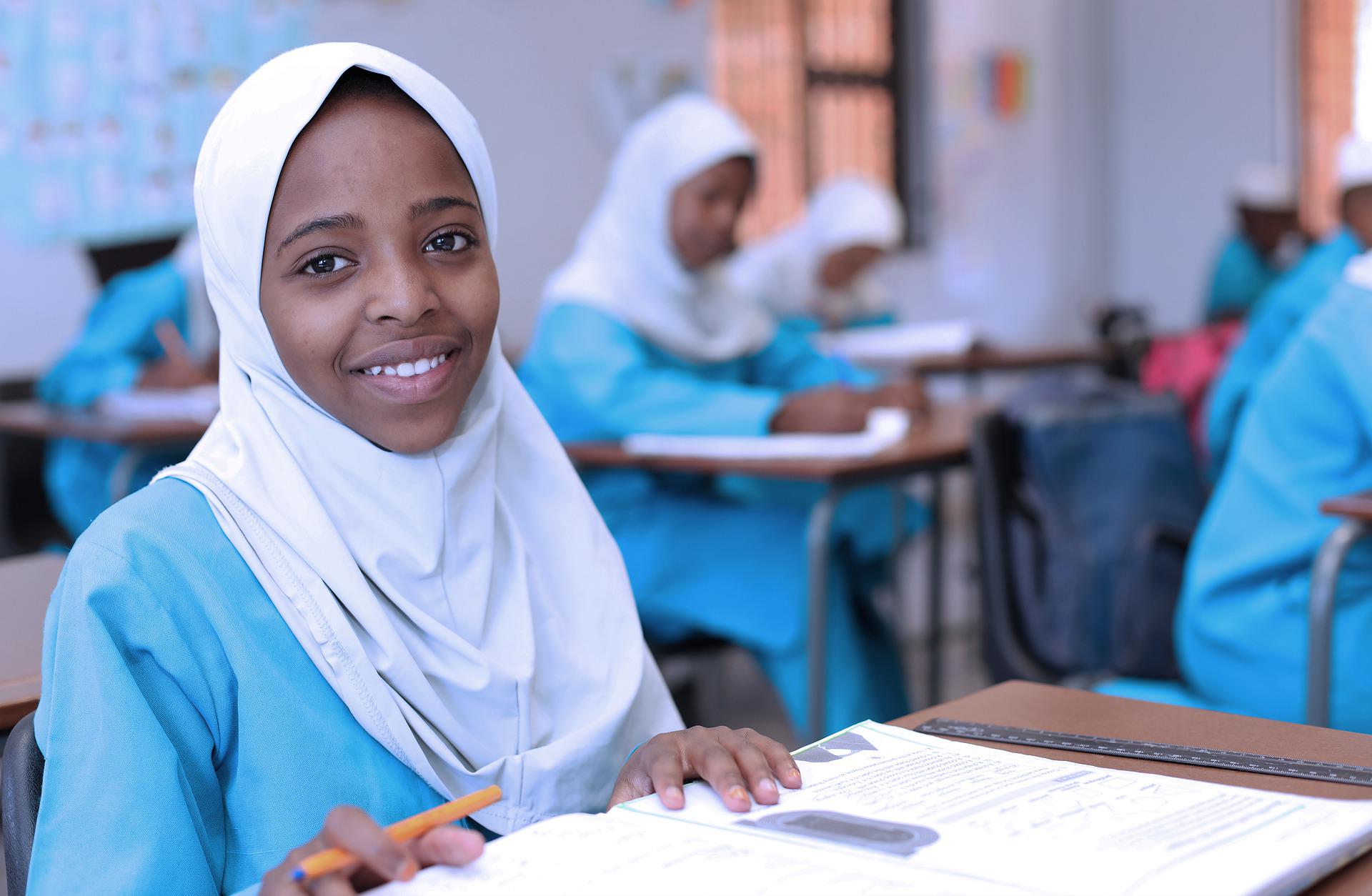The Lagos State Government has said it will domesticate Nigeria Startup Bill in the state to fast-track the growth of the startup ecosystem...
read more..
However, Nigeria faces a number of challenges, including poverty, corruption, and security issues. Poverty is widespread, particularly in rural areas, and the country ranks low on the human development index. Corruption is also a major issue, with corrupt practices prevalent in many areas of society.
In addition, security is a major concern in Nigeria, with ongoing conflicts in the northeast region involving the Boko Haram terrorist group and clashes between farmers and herders in the other parts of the country.
Despite these challenges, Nigeria has made progress in recent years in areas such as economic development and infrastructure. The government has implemented policies to promote economic growth and diversification, and has made investments in infrastructure such as roads, railways and airports. Nigeria’s growing middle class, large youth population, and abundant natural resources present opportunities for further development and investments in the country.
Nigeria’s outlook and future prospects are mixed, with opportunities for growth and development, but also significant challenges to address.
On the positive side, Nigeria has the largest economy in Africa and is projected to continue growing in the coming years, with the young and growing population that presents a significant market opportunity. The country has abundant natural resources, including oil, gas, and minerals, as well as agricultural land, which can be leveraged for economic growth. Nigeria has also made progress in recent years in areas such as infrastructural development, with investment in roads, railways and airports.
However, Nigeria faces significant challenges in several areas, including poverty reduction, corruption, and security. Poverty is widespread, particularly in rural areas, and the country ranks low on the human development index. Corruption is also a major issue, with corrupt practices prevalent in many areas of society, hindering economics development and undermining public trust. In terms of security, Nigeria continues to grapple with the threat of terrorism and extremist violence in the northeast region, as well as clashes between farmers and herders in other parts of the country.
To address these challenges, the Nigerian government has implemented policies and reforms aimed at improving the business environment, promoting economic diversification and tackling corruption. The government has also launched several initiatives to address poverty, including social safety net programs and initiatives to improve access to education and healthcare.
In addition, Nigeria has significant potential for growth in the technology sector, with a growing startup ecosystem and a young, tech-savvy population. Nigeria is also positioning itself as a hub for fintech and mobile payments, which presents opportunities for financial inclusion and economic growth.
Overall, Nigeria outlook and future prospects are largely dependent on the country’s ability to address its challenges, promote economic growth, and ensure that development benefits are distributed equitably.
Access to basic services such as clean water, sanitation, and electricity is also a significant challenge in Nigeria, particularly in rural areas. According to the World Bank, only 38% of Nigerians have access to electricity, and access to clean water and sanitation is also limited, which can lead to a variety of health issues and hinder economic development.
In terms of security, Nigeria continues to face significant challenges, particularly in the northeast region, where Boko Haram and other extremist groups continue to carry out attacks. In addition, there have been clashes between farmers and herders in other parts of the country, leading to loss of life and displacement of communities.
Finally, Nigeria also faces challenges in terms of environment sustainability, with issues such as deforestation, soil erosion, and pollution impacting the country’s natural resources and human health. There is a need for stronger policies and regulations to protect the environment and promote sustainable development.
Social Development
Nigeria faces a number of challenges in terms of development, but one of the most significant issues is poverty reduction. Despite Nigeria’s significant economic growth, poverty rates remain high, particularly in rural areas. According to the World Bank, over 40% of Nigerians live in poverty, and the COVID-19 pandemic has exacerbated this situation. There is a need for more targeted efforts to address poverty and inequality including expanding access to education and healthcare, creating job opportunities, and improving social safety nets.
Another keys challenge is corruption, which is pervasive in many areas of the society and has a negative impact on economic development and public trust. Corruption is particularly in government procurement, the oil and gas sector, and the public service. There is a need for stronger policies and institutions to tackle corruption and promote transparency and accountability.